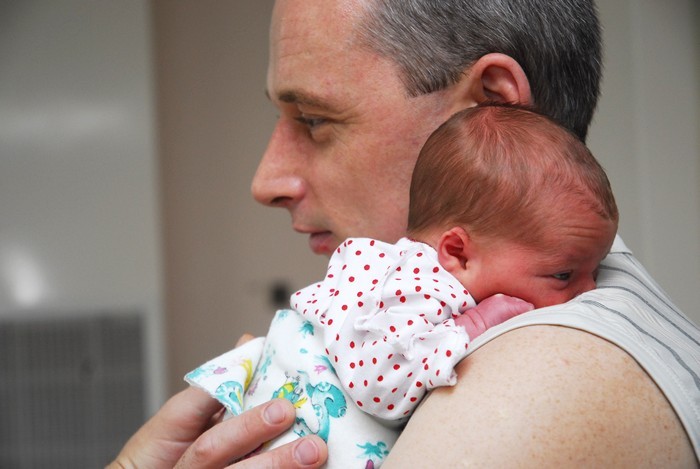Children born in autumn live longer than all
Last reviewed: 23.04.2024

All iLive content is medically reviewed or fact checked to ensure as much factual accuracy as possible.
We have strict sourcing guidelines and only link to reputable media sites, academic research institutions and, whenever possible, medically peer reviewed studies. Note that the numbers in parentheses ([1], [2], etc.) are clickable links to these studies.
If you feel that any of our content is inaccurate, out-of-date, or otherwise questionable, please select it and press Ctrl + Enter.

Children born in the period from September to November have stably greater chances to survive to a hundred years than those born in other months of the year.
The work of Leonid Gavrilov, Natalia Gavrilova from the University of Chicago, presented in San Francisco at the annual congress of the American Demographic Society, confirmed the results of previous studies on this topic, reports New Scientist.
This, in particular, is about the work of the German scientist Alexander Lerchl from the University of Jacobs in Bremen, published in 2004 in the journal Naturwissenschaften, which explored the relationship between the month of birth and life expectancy. Lerchl received statistically reliable data that people born between October and December die at an older age than others. However, the author assumed that the results obtained could be influenced by the difference in the conditions in which the objects of his research were in the prenatal period and during early childhood, in the first place the difference in the social status and economic situation of their families.

The Gavrilovs tried to exclude the influence of these factors in their work. They collected and analyzed information about more than one and a half thousand people who lived for a hundred and more years. All of them were born in the USA between 1880 and 1895. At the same time, for comparison, data on brothers, sisters and spouses of long-livers were also collected. Brothers and sisters had the same genetic background as the long-livers, and also lived the same conditions during childhood, and husbands and wives - during adulthood.
As a result, it was found that the greatest number of centenarians was born in the autumn months, and the smallest in March, May and July. To exclude the possibility that the peak of fertility was in the autumn for those years, the authors carried out the corresponding analysis, but found no seasonal fluctuations.
At the same time, the effect was more pronounced for those born from 1880 to 1889 than for those born between 1889 and 1895.
The authors put forward several hypotheses explaining the phenomenon of long life born in September, October and November. According to one of them, infants born in the autumn had a significantly lower risk of contracting seasonal, especially summer, infectious diseases, which usually has long-term negative consequences for human health. This assumption explains, in Gavrilov's opinion, the fact that closer to the end of the century, "autumn centenarians" were born less - at that time the decrease in infant mortality from infectious diseases was observed.
Other hypotheses include a deficiency of vitamins in the diet of mothers of infants born in winter, spring or summer, and the possible influence of seasonal fluctuations of the hormonal background.

 [
[